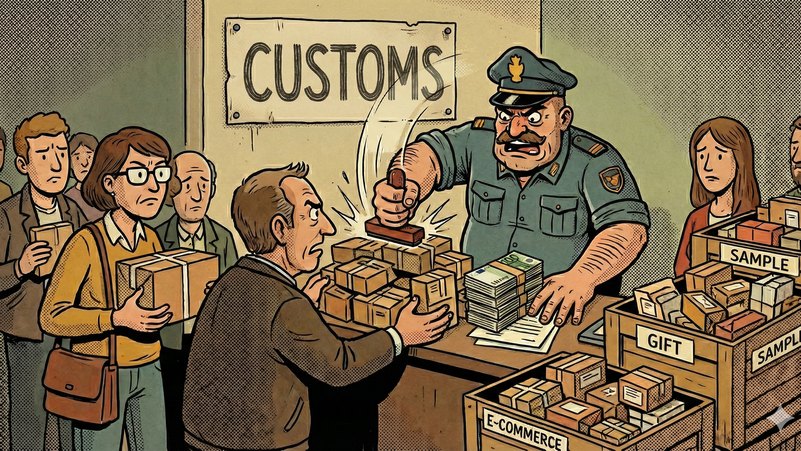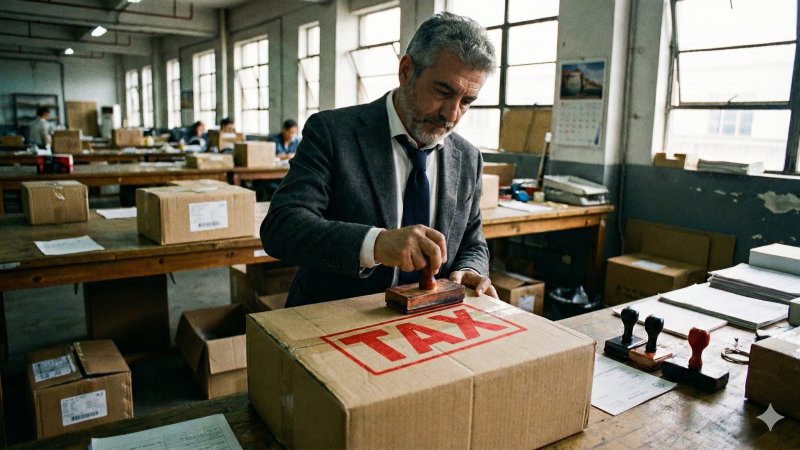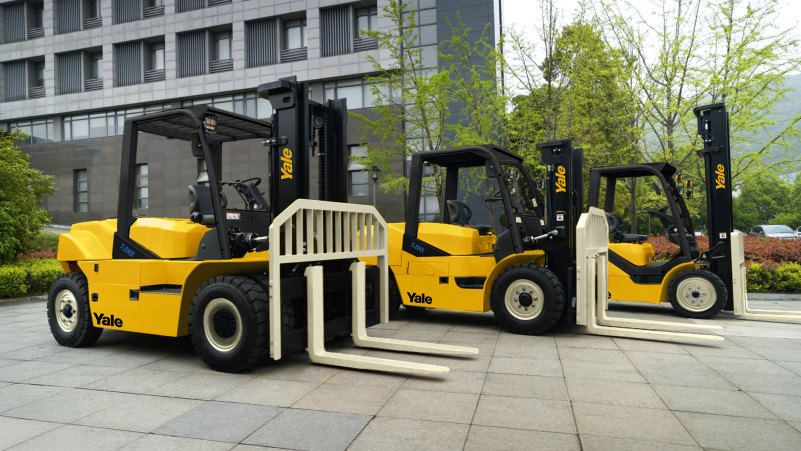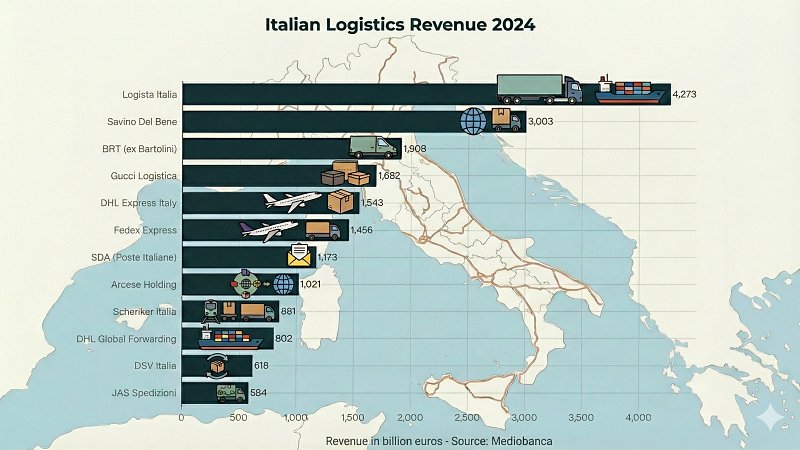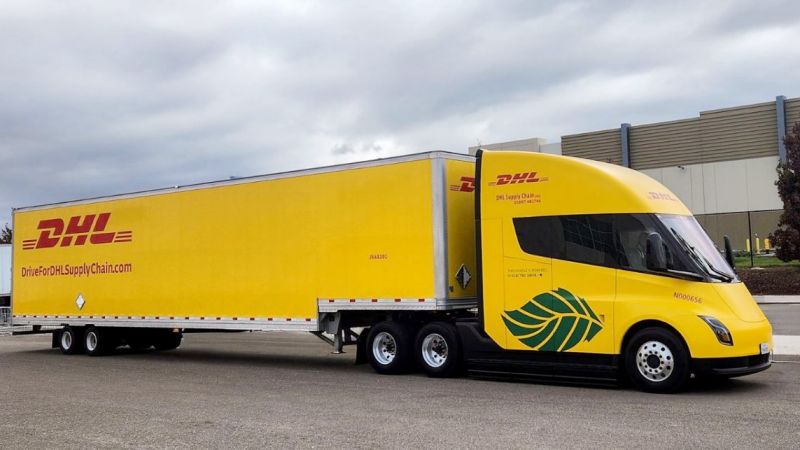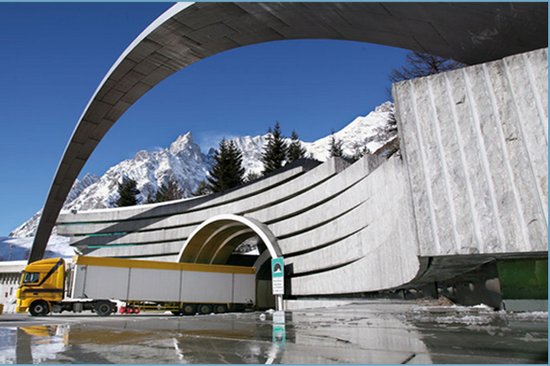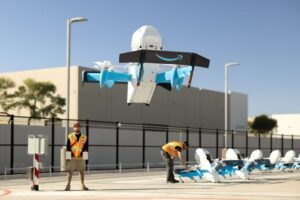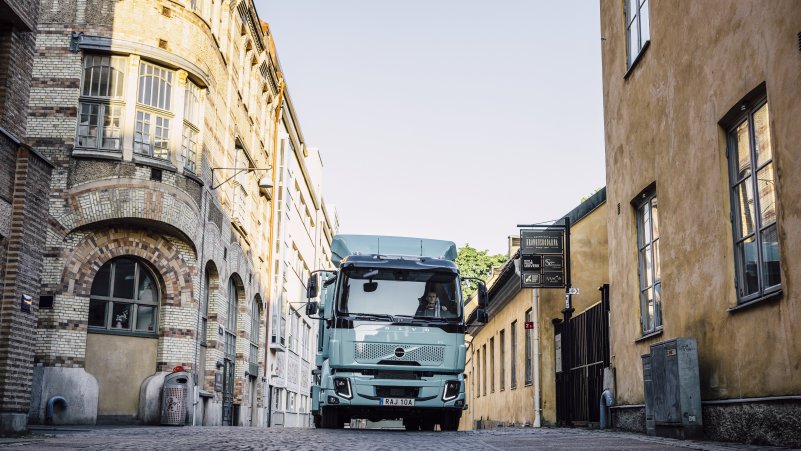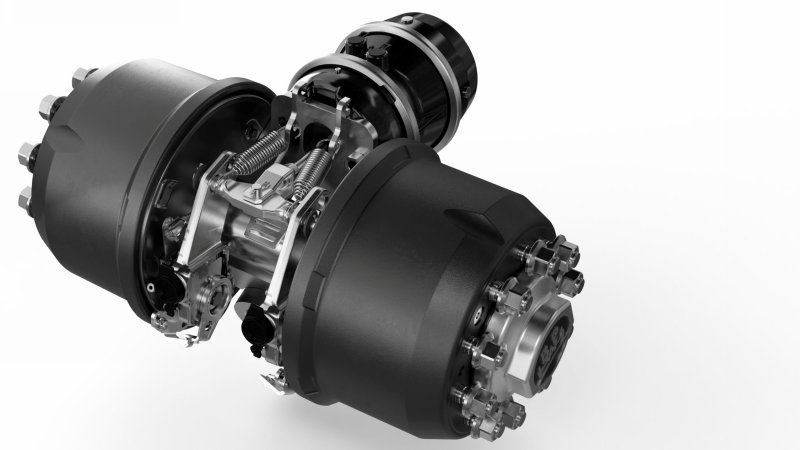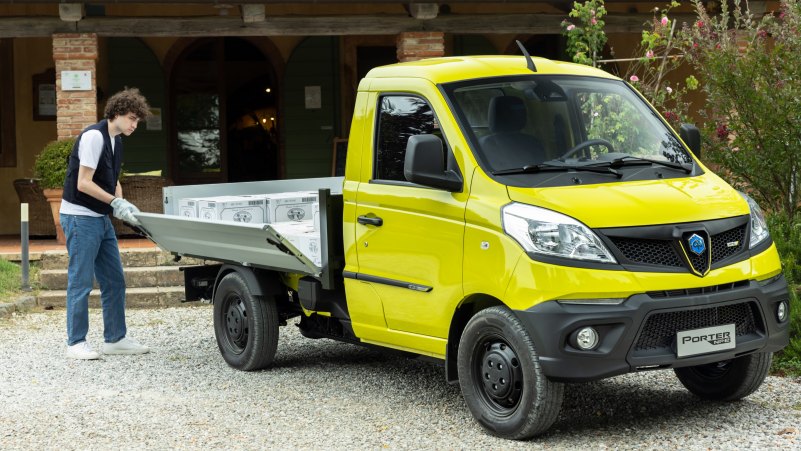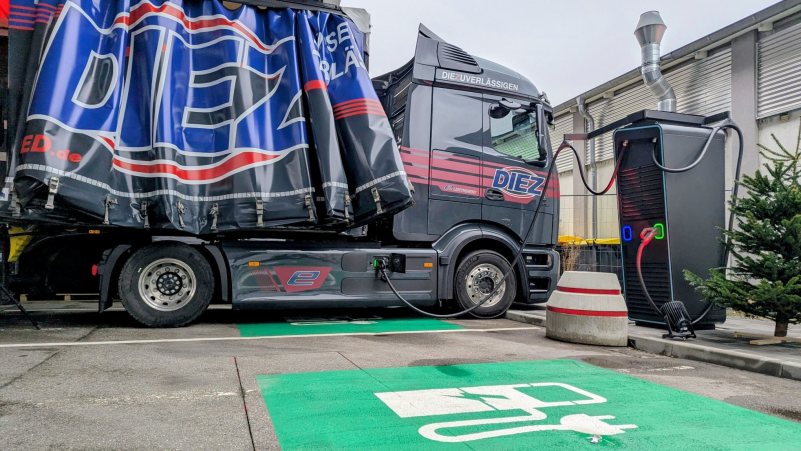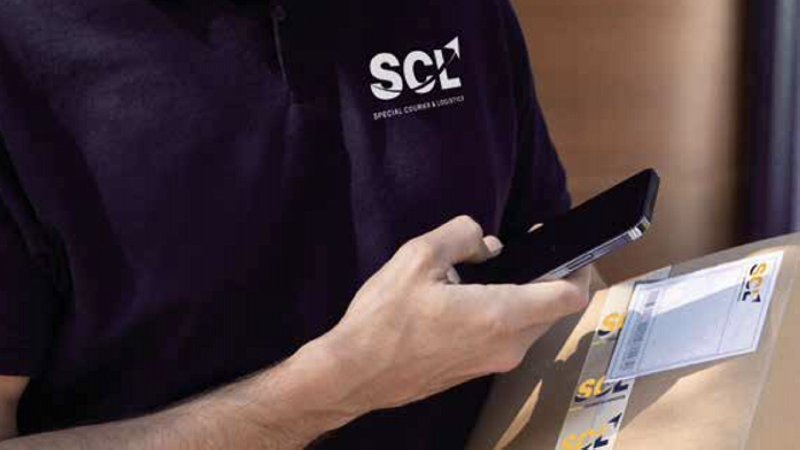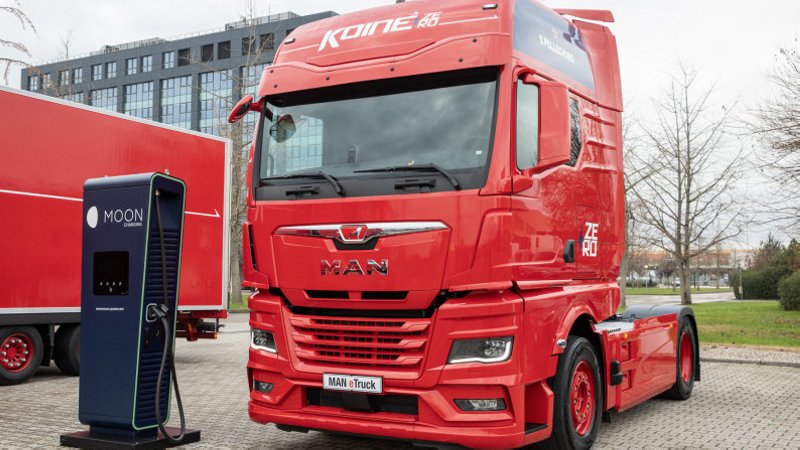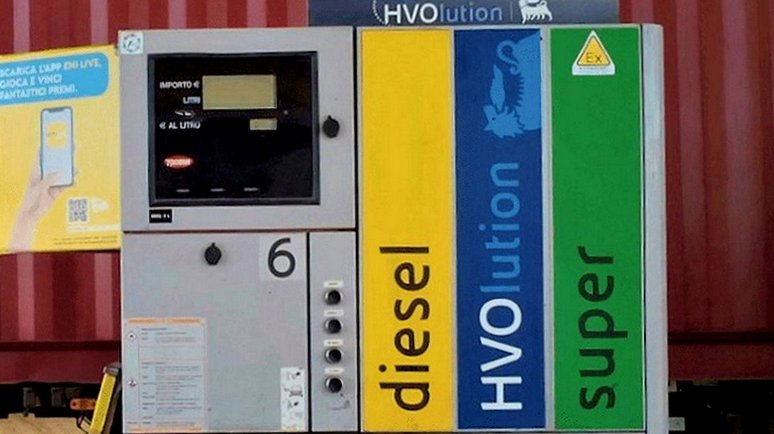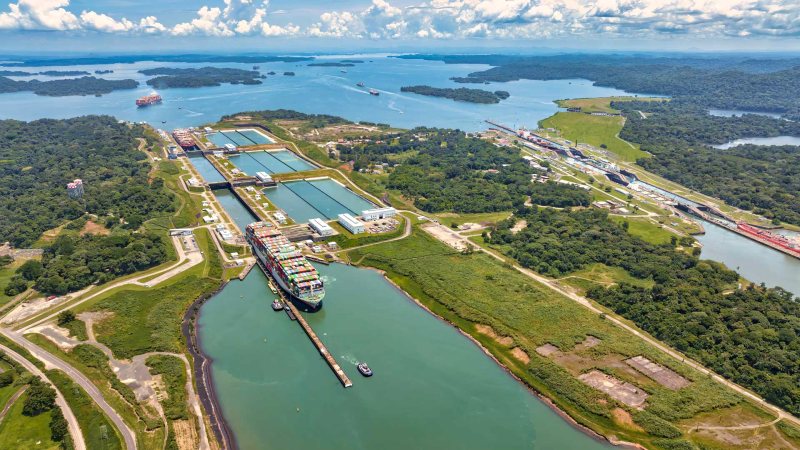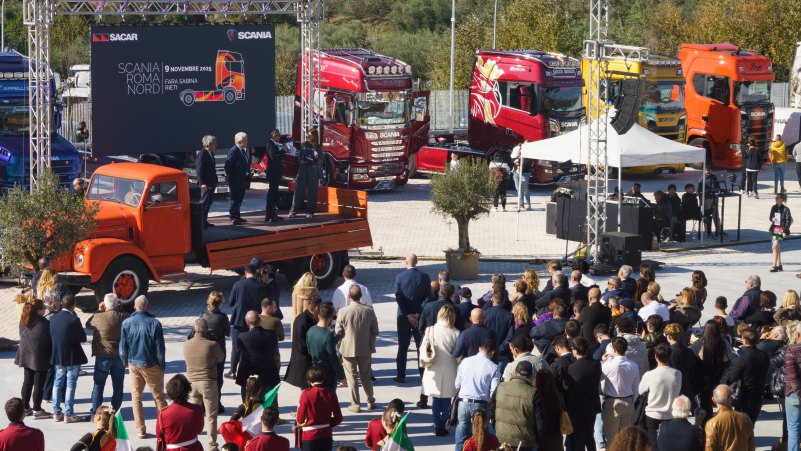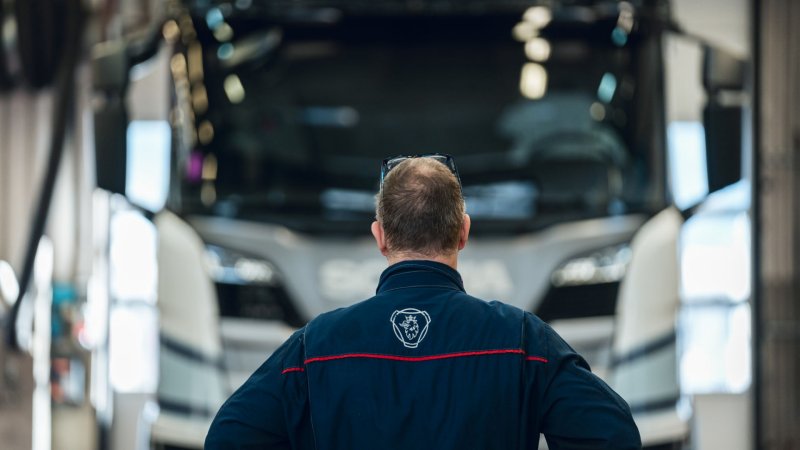The labor front at Amazon kicks off July 2024 with two actions spearheaded by Filt Cgil union: one in Milan concerning last-mile delivery drivers and another in Bergamo involving logistics workers in Cividate. In Milan, the union challenges the e-commerce giant on two fronts: inadequate insurance coverage for vans and the application of disciplinary actions for "low productivity." The Milanese branch of Filt has received several reports of drivers having to pay hefty sums, up to 1,000 euros, for vehicle damages caused by accidents.
These are significant amounts, especially for part-time workers, equivalent to a month's wages. The union underscores that these vans are insured, but the coverage is evidently insufficient. This issue predominantly affects recently hired drivers. Consequently, the Cgil demands that Amazon implement a uniform deductible for all drivers, including those employed for less than six months, or provide comprehensive coverage.
The second grievance, which is somewhat connected to the first, concerns disciplinary sanctions imposed for "low productivity," which typically result in wage deductions. Specifically, the union explains, this occurs when a driver fails to meet the delivery times determined by an algorithm for each package. According to Filt, these measures are "disproportionate."
In 2022, a strike at the Origgio facility successfully overturned a worker's suspension. Amazon responded by stating it works closely with suppliers "to set realistic goals that do not pressure them or their employees," noting that "routes are scheduled to account for breaks and meals, allowing most drivers to complete deliveries before the end of their shift."
In Bergamo, the mobilization began within the logistics platform in Cividate. Here, Filt denounces surveillance through cameras and logins, claiming this practice violates Labor Inspectorate regulations. In a statement, the union explains there is a worker ranking system based on the speed of processing packages. Supporting this claim, Filt cites terminal messages in the warehouse displaying texts such as "currently first position X, second position Y, third position Z, fourth... all others trailing but close, let's give it our all."
The statement highlights that the Cividate facility has 46 external and 437 internal cameras, and a photograph of the monitor room shows a camera directly aimed at two workers. Filt references the Labor Inspectorate's text authorizing camera use: "The system, which will only record essential images, will consist of cameras oriented towards areas most at risk of theft and damage (limiting the angle of footage and avoiding detailed images when not necessary). Worker footage will be incidental and occasional."
According to Pierluigi Costelli, from the Filt secretariat in Bergamo, "Access to video recordings should only occur with prior notification to workers, which has never happened, despite certainty that footage is viewed daily, and live monitoring, which shouldn't even be contemplated, occurs." Therefore, Filt demands "that employee monitoring be potentially prevented and that workers be allowed to access their stations without any login. Regarding the use of surveillance footage, we request the establishment of commissions as in all companies that comply with the regulations, with Rsa representatives included."
Filt also contests exit checks with scanners, which were neither agreed upon with the union nor authorized and require waits of about ten minutes, unpaid. The Bergamo site mobilization plans to initiate a state of agitation from July 14, 2024, with the possibility of halting overtime work. Additionally, Filt has urged workers to refuse exit checks.


